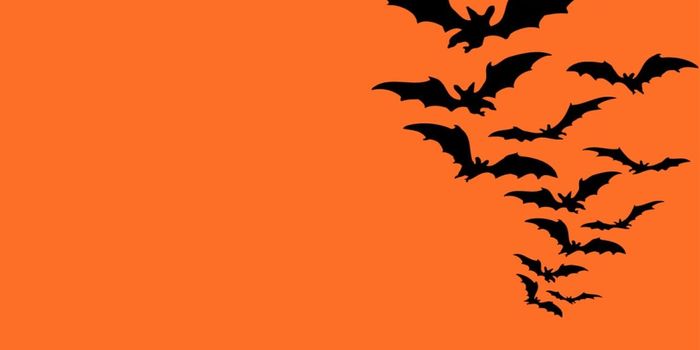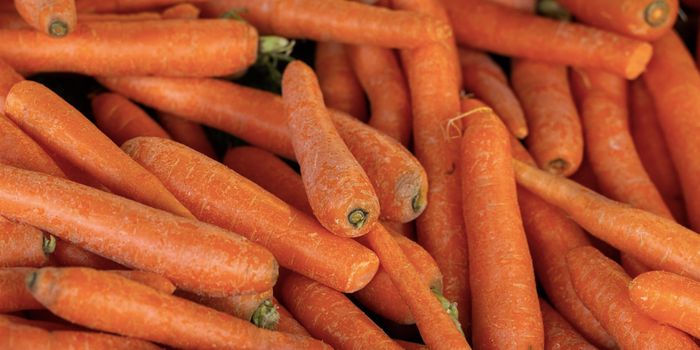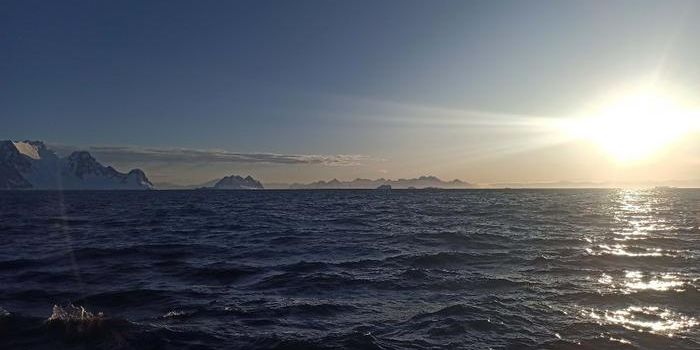Pollutants, Pathogens and Toxins Found in Shellfish
Scientists used cutting edge technologies to assess how pervasive toxic or household chemicals and pathogens like plastic, kerosene, talc, bacteria, and milk supplement powders are in oysters in Myanmar. Their findings, which examined oysters from a densely populated but nevertheless rural area revealed that these huma- derived substances are widespread. The researchers concluded that urbanization along coastlines and the absence of sewage treatment poses a risk to human health, even when they are far from the source of the pollution. The work has been reported in Science of the Total Environment.
"While 48 percent of the microparticles were microplastics - a finding representative across numerous ocean ecosystems - many other particles were not plastic and originated from a variety of human-derived materials that are constituents of fuels, paints and cosmetics," noted the senior study author Joleah Lamb, assistant professor of ecology & evolutionary biology at the University of California - Irvine. "We were particularly surprised to find three different brands of milk powder formula, which comprised 14 percent of the microdebris contaminants."
The study focused on nine coral reefs that are about 40 miles away from a city called Myeik, which has a population of about a quarter of a million people. The researchers sampled seawater and oysters, which were examined with DNA sequencing that revealed 87 species of bacteria and 5,459 potential pathogens, about half of which are known to pose a threat to human health.
With infrared microscopy, the scientists identified particles in the oysters. After examining 1,225 individual pieces of debris, they found 78 different kinds of contaminants. Take together, the study showed that runoff from agriculture, animals, and humans is significant, detrimental to water quality, and may be contaminating fisheries worldwide. Because oysters are often consumed raw, this research has suggested that the contamination is dangerous. Developing countries often export seafood, so food safety might be at risk on a wide scale.
"It's important to keep in mind that much of our seafood is imported from overseas, from places that may be contaminated, emphasizing the importance of both adequate testing and improvements to coastal water quality worldwide," said the lead study author Raechel Littman, a postdoctoral scholar in ecology & evolutionary biology at UCI.
The presence of microplastics is also a cause for concern. "Scientists are only beginning to explore the human health consequences from consuming microplastics," said Lamb.
Many plastics contain chemicals that are known to be toxic or carcinogenic. They can enter the food web through fish that take them up as they swim around polluted waters, and then they are transmitted to the people that eat the fish.
Beyond plastic are the known toxins found by the researchers including kerosene and saponin. The abundance of milk supplements also suggests that human waste and sewage is making its way back into the food chain.
"This study is important in its global implications. There is strong evidence of transferability of the findings from Myanmar to other seafood sources around the world," said Douglas Rader, chief scientist for the EDF Oceans program and study collaborator. "These findings highlight both the risks of coastal urbanization and the importance of adequate wastewater and stormwater management. It also shows clearly the need for better science related to the potential impacts of these contaminants, and the need for better testing programs so that seafood consumers can rely on its wholesomeness.
Sources: AAAS/Eurekalert! via University of California - Irvine, Science of the Total Environment








